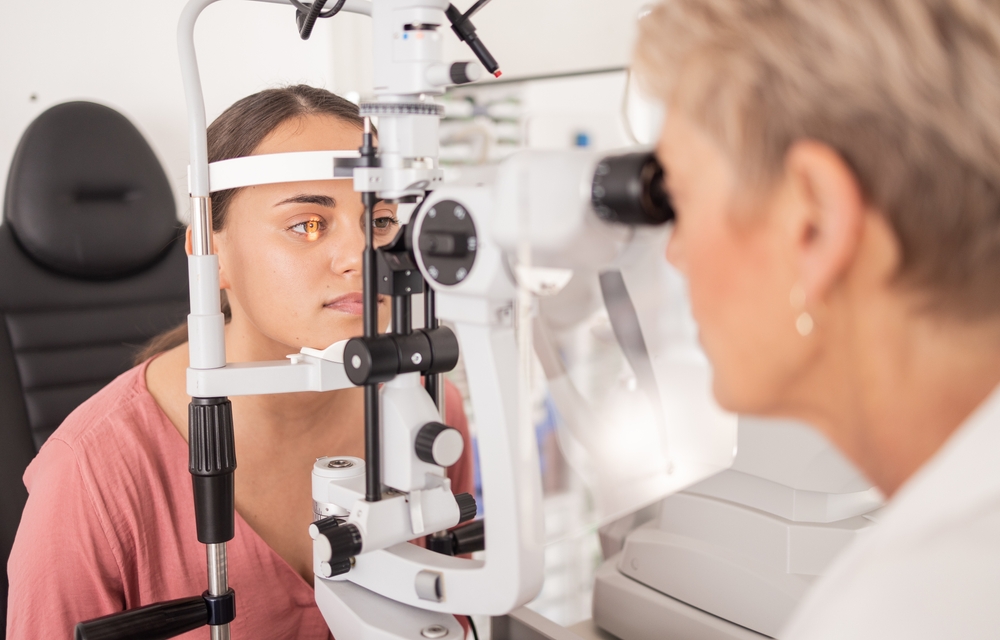
Our eyes, like any other part of our body, can be susceptible to various ailments. Regular eye exams can help detect early signs of eye diseases, such as glaucoma and macular degeneration. These diseases often have no warning signs and can cause vision loss if left untreated.
Our eyes can also be indicators of overall health. They can reveal symptoms of systemic diseases like diabetes and hypertension. Early detection of these diseases can lead to early treatment and prevent further complications.
Regular eye exams also ensure that our vision remains clear and sharp. They can provide necessary updates to our eyeglasses or contact lens prescription, enhancing our quality of life.
What is a Comprehensive Eye Exam?
A comprehensive eye exam is an in-depth evaluation of your eyes and your vision. It involves a series of tests to assess your overall eye health and visual acuity.
In this exam, your eye doctor will examine your eyes' interior and exterior for any signs of disease. They will also measure your eyes' visual acuity, determining if you need corrective lenses.
Additionally, they may perform a 'visual field test' to check your peripheral vision, and a 'color vision test' to identify any color blindness. They may also conduct an 'ocular motility test' to measure your eyes' ability to move quickly in all directions and a 'stereopsis test' to evaluate your depth perception. A comprehensive eye exam is thorough and can provide an overall picture of your eye health.
How Often Should You Get a Comprehensive Eye Exam?
The frequency of a comprehensive eye exam can depend on several factors, including your age, health history, and risk factors. On average, adults should have a comprehensive eye exam annually.
If you have a history of eye disease in your family or have a chronic disease that increases your risk of eye disease, such as diabetes, you may need more frequent exams. Similarly, if you wear glasses or contact lenses, regular exams can ensure your prescription is up to date.
It's essential to remember that these are general guidelines, and individual needs can vary. It's best to consult with your optometrist to determine how often you should get a comprehensive eye exam.
Comprehensive Eye Exams for Children and Elders
Eye exams are essential at every age. For children, regular eye exams can ensure their vision is developing correctly. Children's eye exams can detect common childhood vision problems such as lazy eye, crossed eyes, or refractive errors like nearsightedness, farsightedness, and astigmatism. Early detection and treatment of these issues can prevent potential learning and development problems.
For elders, the need for regular eye exams becomes even more critical. As we age, our risk for eye diseases like cataracts, glaucoma, and macular degeneration increases. Regular comprehensive eye exams can help detect these diseases in their early stages when they are more manageable.
Ensure Your Eye Health Through a Comprehensive Eye Exam Today
Our eyes are valuable, and it's crucial to take care of them. Regular comprehensive eye exams are an essential part of eye care. They can help detect eye diseases early, monitor the overall health, and ensure our vision remains clear.
Prioritize your eye health by scheduling a comprehensive eye exam with Complete Eye Care at our office in Westminster, Colorado. We provide the highest quality and compassionate care for the entire family. Please call (303) 404-2020 to book an appointment today.










